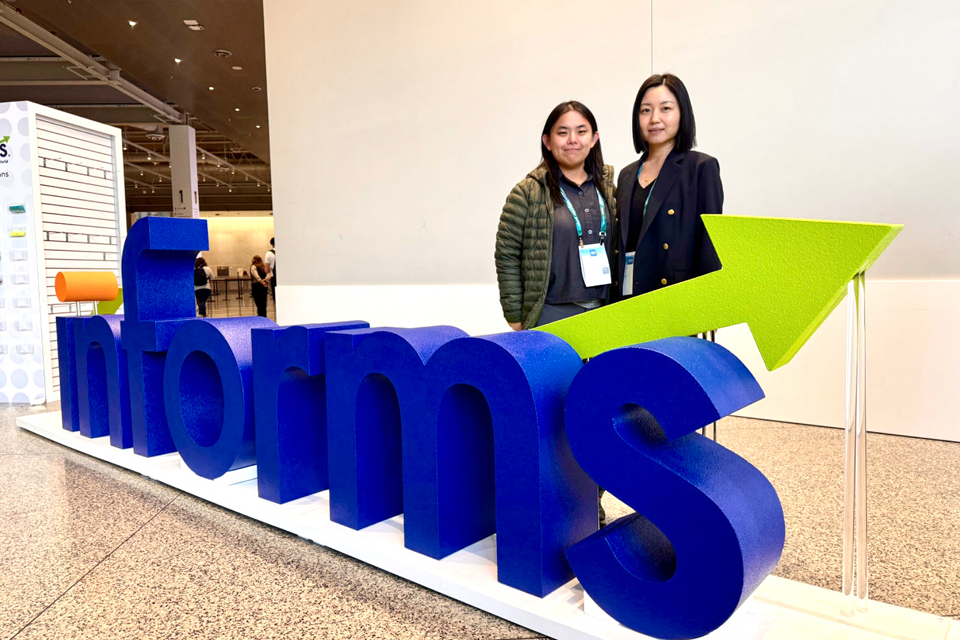- December 13, 2024
UTRGV professor awarded NSF grant to enhance medical sensor reliability

By Amanda A. Taylor-Uchoa
Li Zhang, a professor in the UTRGV Department of Computer Science, has received a $260,000 grant for research aimed at improving the reliability of deep learning models that analyze time-series data from medical sensors, crucial in modern healthcare applications like patient monitoring and diagnostics.
The grant, from the National Science Foundation (NSF) under its Computer and Information Science and Engineering Minority Serving Institution Research Expansion program, supports a project titled “Collaborative Research: CISE MSI: RDP: III: Towards Robust and Human-Aligned Deep Learning for Medical-Sensor Time Series.”
“To make time-series deep learning models more reliable, the project aims to understand the role of patterns in sensor time-series data on AI decision-making,” Zhang said. “We seek to answer three key questions: Do AI models use these patterns to make decisions? Do these patterns lead to misleading conclusions? And how can we correct AI when it relies on misleading patterns?”
ADDRESSING SPURIOUS CORRELATIONS
Time-series data often contain spurious correlations – patterns that may mislead AI models into making incorrect decisions. These inaccuracies can undermine the robustness of deep learning models, particularly when generalizing to new patients in complex environments.
The project will:
- Identify Input Confounders: Examine various levels of time-series data – point, segment, and structure – to understand spurious correlations with target labels.
- Design Mitigation Strategies: Develop knowledge-editing techniques to locate and correct neuron groups responsible for these spurious correlations.
- Apply to Medical Applications: Test the approach in monitoring Parkinson’s disease and detecting falls in the elderly.
COLLABORATIVE EFFORT
Zhang leads the project at UTRGV in collaboration with Na Zou from the Department of Industrial Engineering at the University of Houston and Kaixiong Zhou from the Department of Electrical and Computer Engineering at North Carolina State University. The project, which began on Sept. 1, 2024, will continue through 2027.
EMPOWERING STUDENTS AND THE COMMUNITY
A significant aspect of the project focuses on education and outreach, particularly within the Hispanic community in South Texas.
“We have been trying very hard to provide research opportunities to our local students, especially within our Hispanic student community,” Zhang said. “This is an excellent opportunity for our students to get exposed to cutting-edge interdisciplinary work at the intersection of AI and healthcare.”
The project has already begun hiring local undergraduate and master’s students, positioning them for impactful careers in the future, Zhang said.
“Grants like these allow us to hire and train our students, support them to attend conferences, and attract strong long-term collaborators,” Zhang noted. “These are valuable steps toward establishing a Hispanic student community pursuing AI-based healthcare research.”
A VISION FOR ACCESSIBLE HEALTHCARE
Zhang believes the broader impact of the research on society will ultimately help provide alternatives to rising healthcare costs.
“With the rising cost of healthcare and an aging population, this technology will potentially provide a low-cost and improved solution for real-time monitoring in at-home care,” he said. “Our goal is to build technology that not only advances healthcare but also helps reduce costs, making quality care more accessible to all.”
For additional information about the project, visit the NSF award page: nsf.gov/awardsearch/showAward?AWD_ID=2431514.

